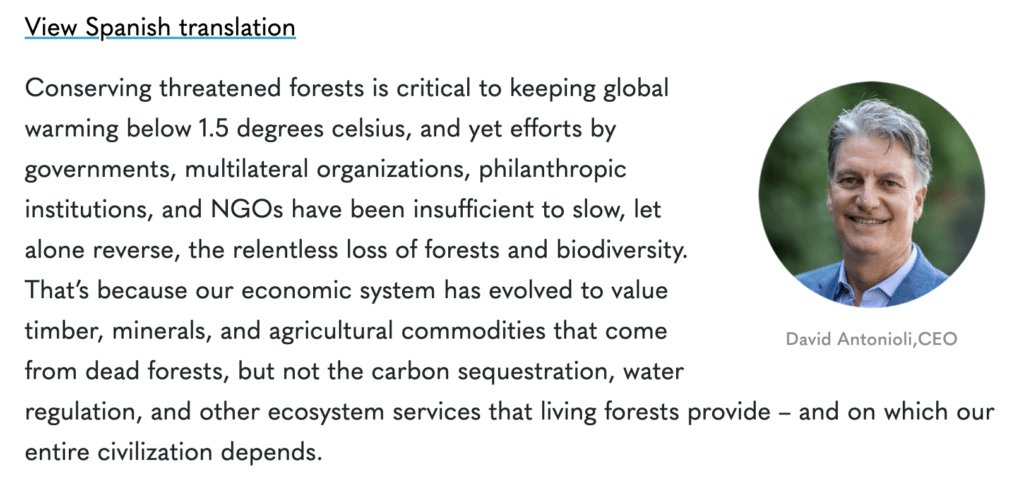The carbon offset industry finds itself under fire in the wake of an investigation by the Guardian, Die Zeit, and SourceMaterial. Their joint effort revealed concerning allegations revealed on June 3rd 2023, about the validity of carbon offsets certified by Verra, the largest such provider globally.

According to the investigation, as many as 90% of Verra’s rainforest carbon offsets could, in fact, be ‘phantom credits’ that do not correspond to real-world carbon reductions. This startling revelation raises severe doubts about the credibility of the industry, suggesting that greenwashing — the practice of making misleading claims about environmental benefits — may be far more prevalent than anticipated.

In the face of such claims, it is essential to recall past instances of questionable practices within the carbon offsetting industry. As we highlighted on ShrinkThatFootprint in 2019, a ProPublica investigation found a disturbing case within one of Verra’s deforestation projects. Despite the project area transforming from 90% forested to 0% forested, carbon credits continued to be sold. Shockingly, project administrators had not filed a report for five years, prompting the suspension of the project in the Verra database.
Verra’s CEO, David Antonioli, has since countered the allegations, emphasizing the complexity of counterfactual analysis – predicting forest loss that would occur without the carbon project – a key component of their work. While acknowledging the inherent uncertainties of this method, he assures the public of Verra’s commitment to maintaining rigorous practices based on the most recent scientific knowledge and best practices.
Unfortunately, in the last week The Guardian and Die Zeit, working in tandem with the privately-funded “investigative non-profit” SourceMaterial, published sensationalist articles using outlandish claims about the value of the REDD credits we have issued based on simplistic extrapolations of research that uses old, outlier statistical models. These are academically interesting exercises, but they would never pass muster as bona fide carbon crediting methodologies.
David Antonioli, Verra website, June 4th 2023
However, Antonioli’s rebuttal does not diminish the critical need for transparency, stringent verification, and accountability in the carbon offset industry. The troubling prevalence of ‘phantom credits’ and indications of greenwashing suggest a systemic issue that must be urgently addressed. Even more so, as corporations increasingly depend on these offsets to fulfill their climate commitments and as consumers grow more environmentally conscious.
The controversy surrounding Verra is a wake-up call to the industry and its stakeholders: oversight and reliability in the certification process need reinforcement. Only then can we ensure that carbon offsetting plays a genuinely constructive role in our collective fight against climate change, rather than serving as a facade of sustainability.
As we strive for a sustainable future, we must demand more from carbon offset providers. It is no longer sufficient for them to project good intentions. Instead, they must demonstrate the effectiveness of their projects, provide evidence of real-world impacts, and stand up to rigorous and independent scrutiny.
In conclusion, while the carbon offsetting sector can play an essential role in our fight against climate change, it currently seems riddled with issues. As a global community, it is high time we address these concerns head-on, demanding better and refusing to accept greenwashing or ineffective phantom credits as our planet’s future hangs in the balance.
